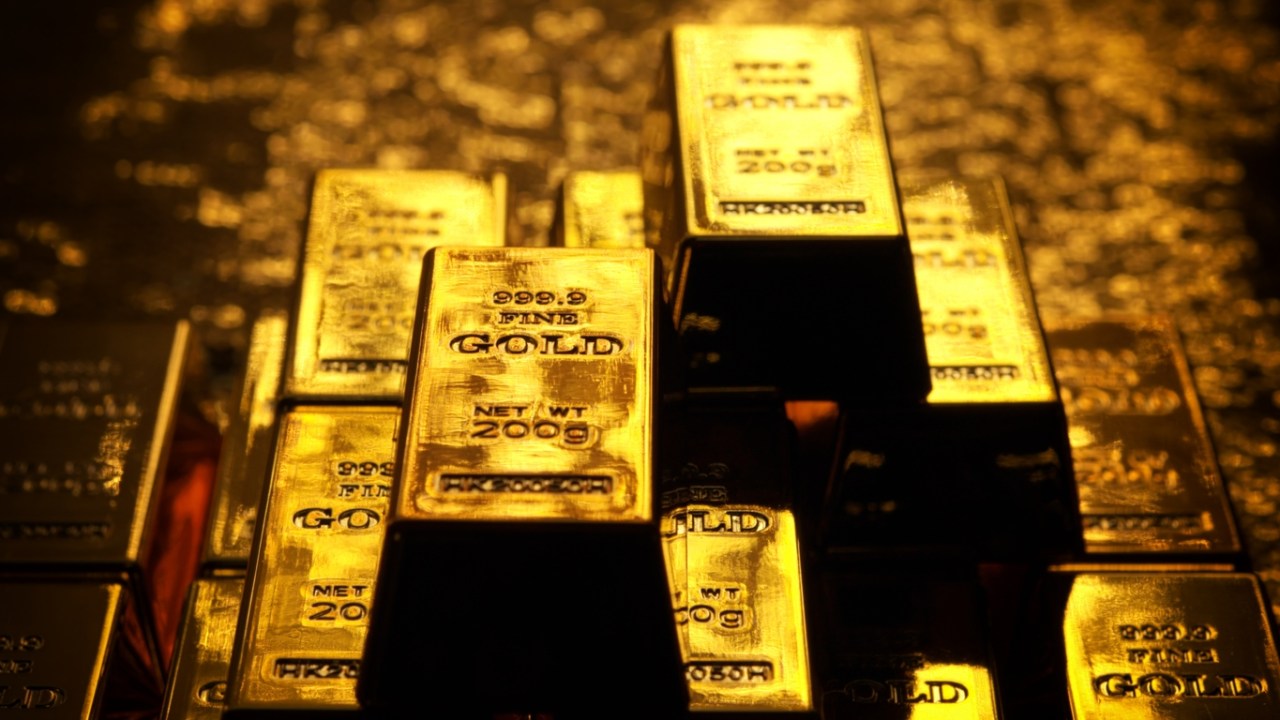The gold price, we keep being told, because investors are seeking a ‘safe haven’. The first part of that sentence is true – from £1100 per ounce at the beginning of this year, gold has surged to £1500 per ounce this week. But are those buying it really doing so because it is ‘safe’ investment? Come off it. It is easy to get on the wrong side of a stock market or property boom, but gold has proved are a far more insidious destroyer of wealth over the decades.
Had you fallen for the lustre of gold in 1980, when it was selling for £280 an ounce it would have taken you 25 years to get your money back, in nominal terms. In real terms, the value of every ounce of your gold would have plunged to £98. So much for gold being a hedge against inflation. And in the meantime your gold would have received zero income – although you may well have run up a large bill for a bank safety deposit box in which to keep it.
Gold is no safe haven; since its value has been decoupled from that of currencies, it has become a short-term speculative investment on which it is possible to make a lot of money in a short time during periods of financial upheaval
It could have been worse. You could have done what Gordon Brown did with half the country’s gold reserves: sold them right at the bottom of the market in 1999, when the nominal value of an ounce of gold had plummeted to £160 – or £64 at 1980 prices. Gold plummeted again after reaching a peak of £1100 per ounce in 2011, falling to £700 an ounce in 2015. There was, at least, a very good ‘sell’ sign in 2011: the arrival, at Westfield Shopping Centre in West London, of a vending machine dispensing gold. It was rather like the banker who said he realised the Wall Street Crash was due when the lift boy started giving him share tips.
Gold is no safe haven; since its value has been decoupled from that of currencies, it has become a short-term speculative investment on which it is possible to make a lot of money in a short time during periods of financial upheaval. You could have quadrupled your money, for example, between 2008 and 2011, and increased it more than tenfold over the course of the 1970s.
But the flipside of that is that gold tends to plummet when economic stability returns. Its value won’t disappear to nothing – at least not unless the Lavender Hill Mob manages to get its hands on your stash and you failed to insure it. But it has acquired a habit of drifting downwards in value for longer periods than just about any other asset. There should be no mystery over this. It is, after all, just a lump of metal of some utility in the electronics and dentistry industries but a generally unproductive asset. In the good times, when other assets are going gangbusters, it has very limited appeal.
So, buy gold if you think the economy is going to go even further down the pan over the next year or so. But don’t lose sight of what you are doing: speculating, or hedging your other investments. You are not insuring your wealth against erosion in value. Sooner or later, unless human civilisation is well and truly doomed, gold is going to go out of fashion – and possibly extremely quickly as money pours back into productive assets.








Comments